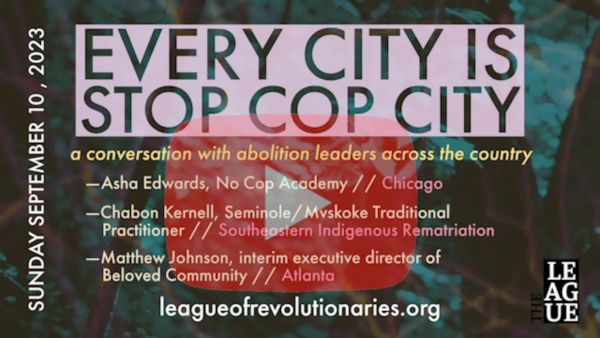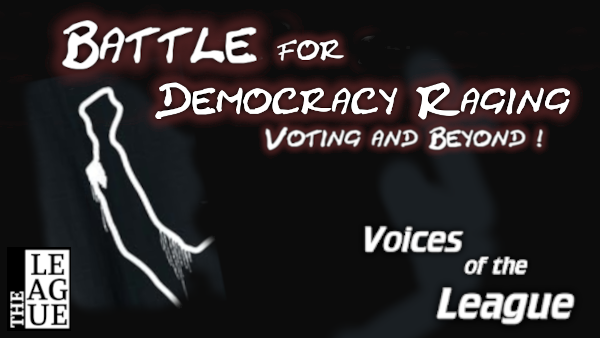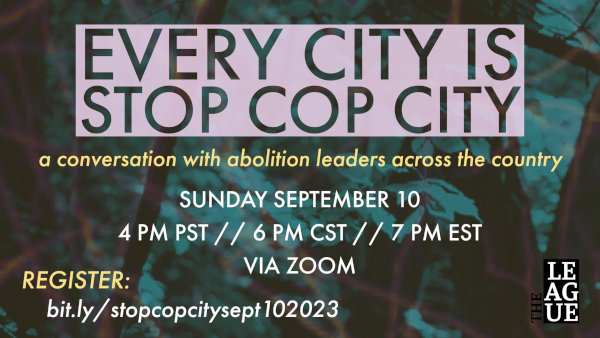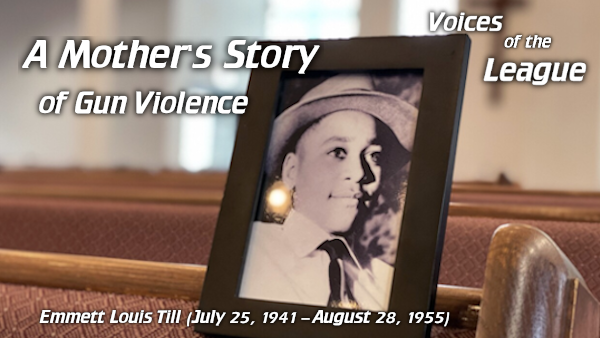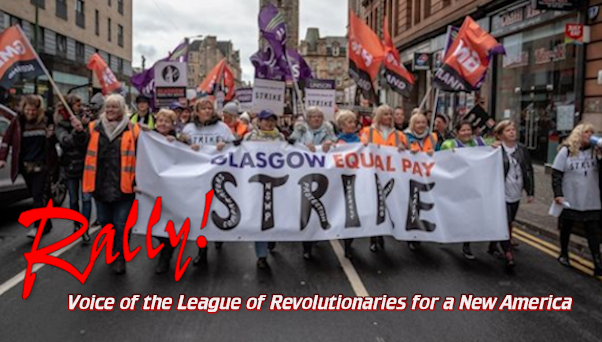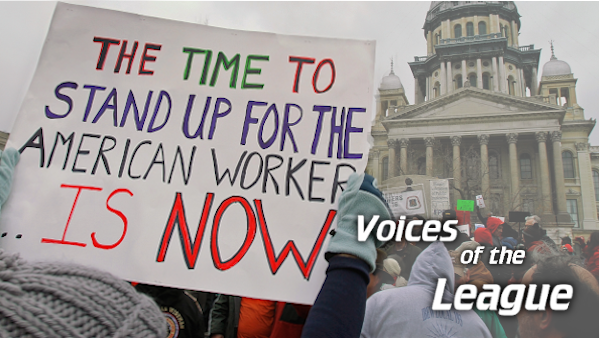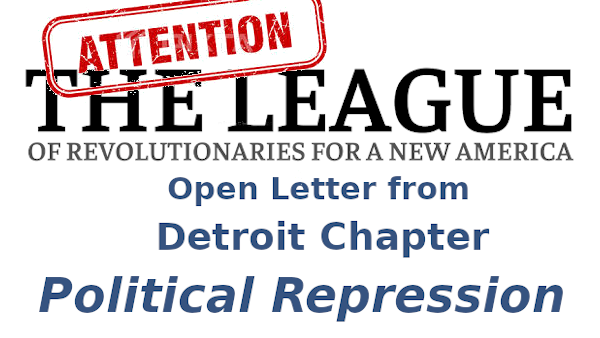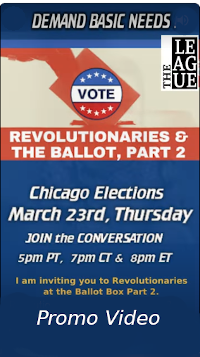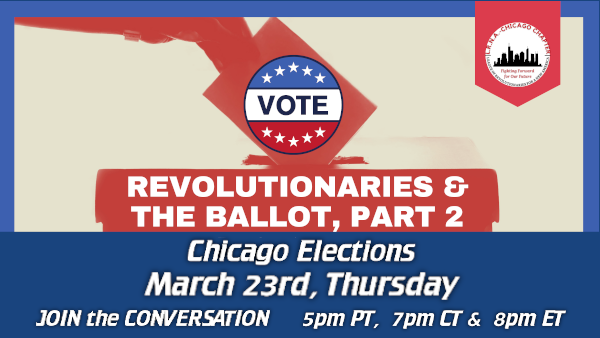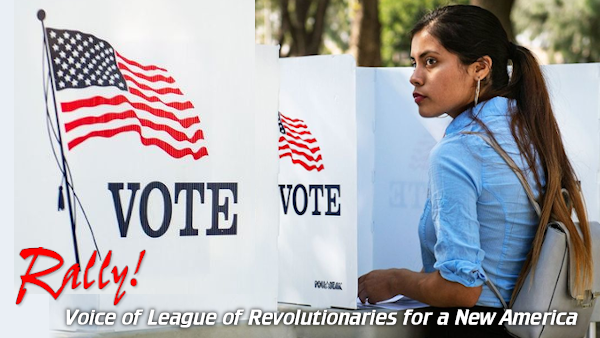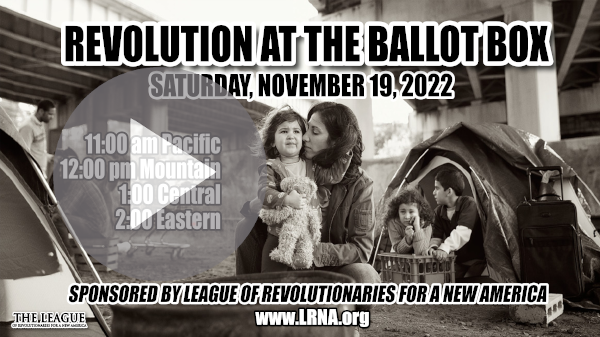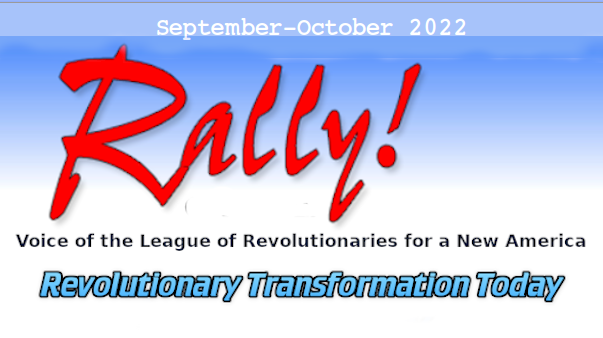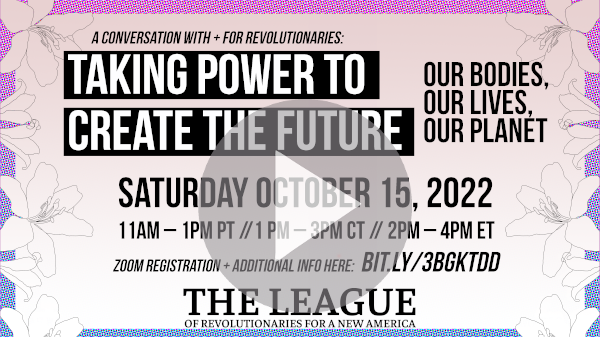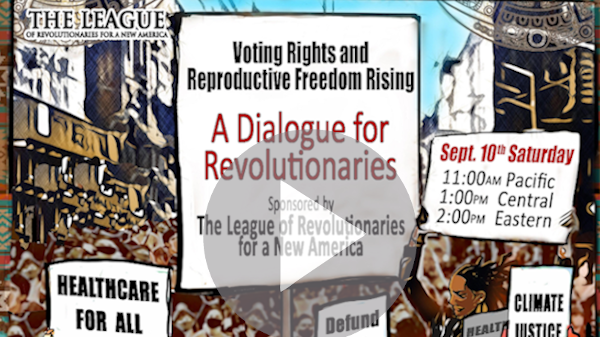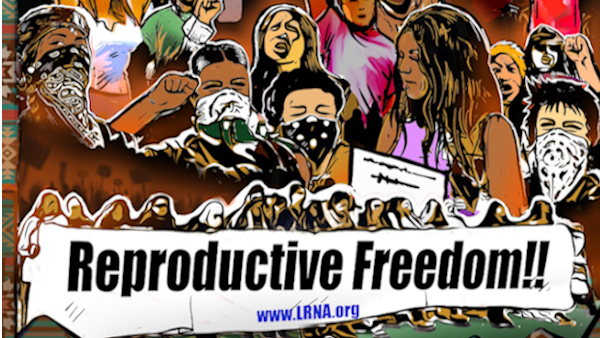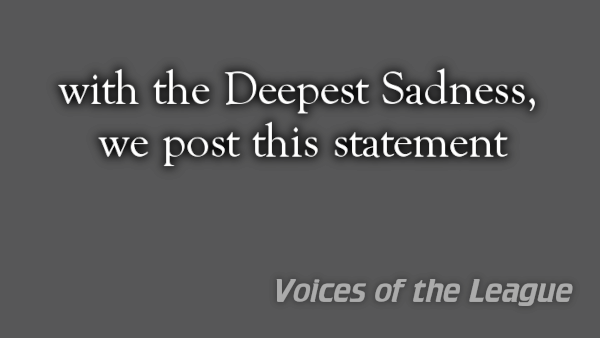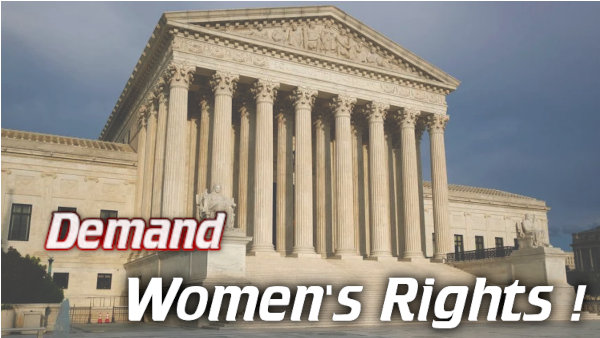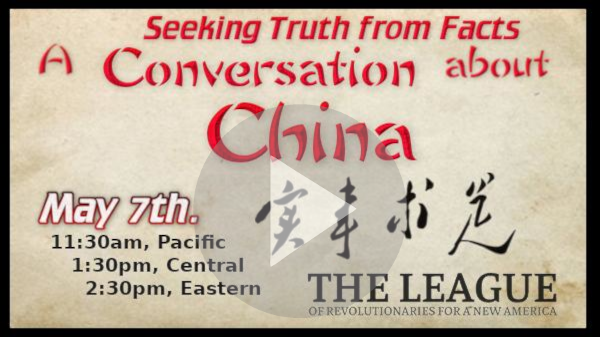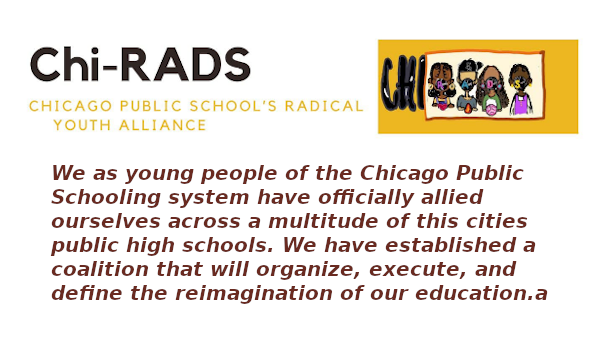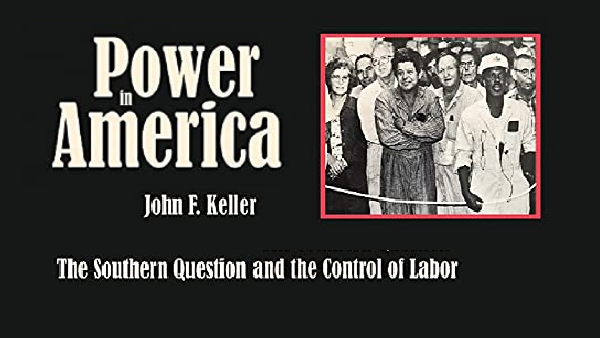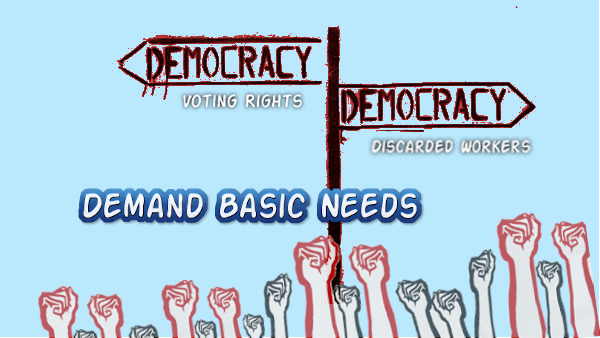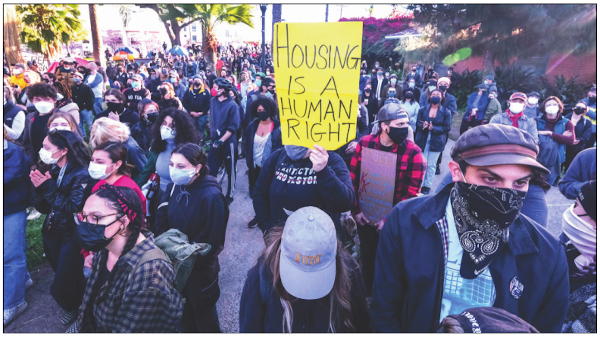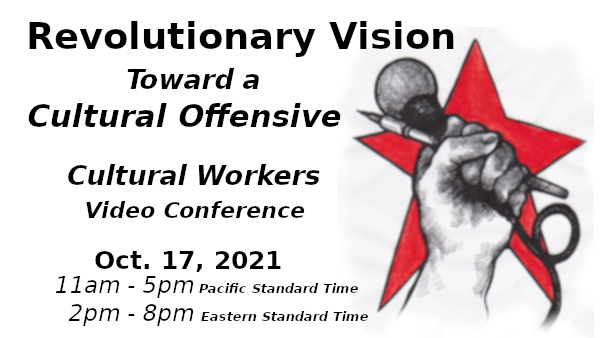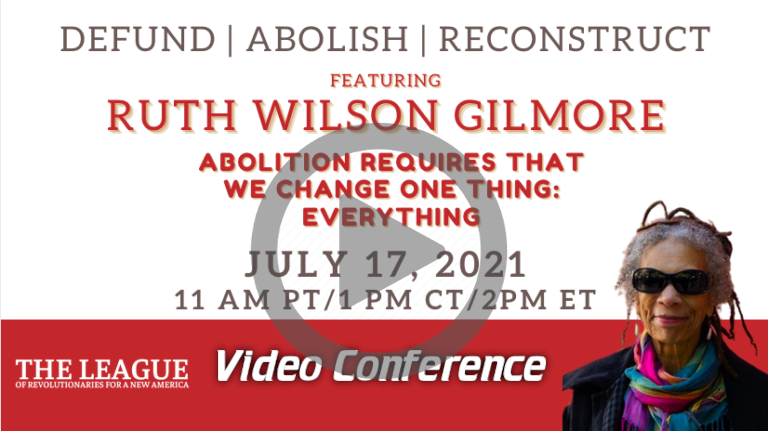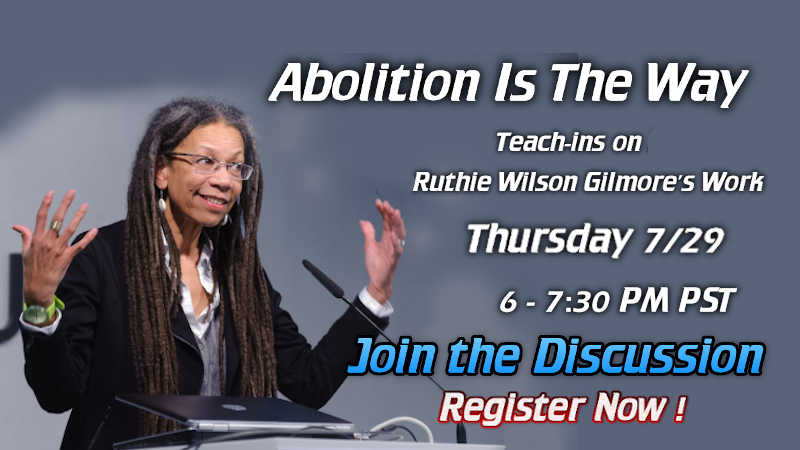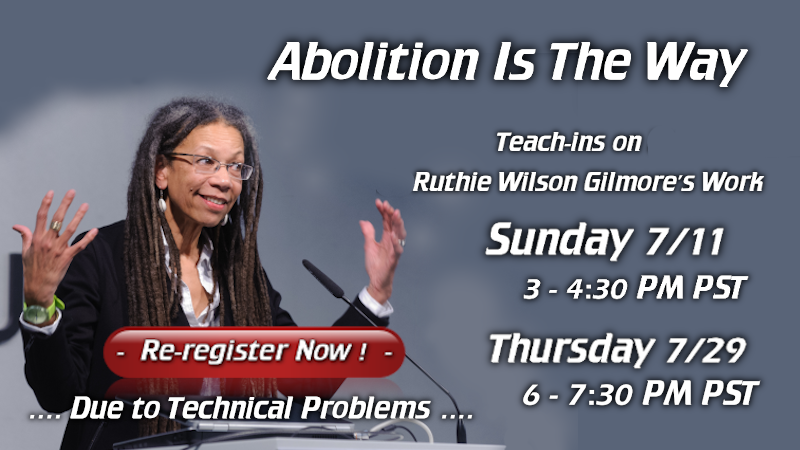RIGHT-TO-WORK Law in Michigan is DEFEATED !
.
RIGHT-TO-WORK Law in Michigan is DEFEATED
Part 1 of 2
Michigan is no longer a “Right to Work” state!! For 10 yrs., Michigan lived with the indignity of “Right to Work”(RTW), while the lying declarations of the (Republican controlled) government, said that the situation in Michigan would now be far better than before. Here is some of the history. During the 2012 elections, Proposal 2, Michigan’s “Protect our Jobs” amendment to the state constitution was introduced. This amendment would have enshrined in the State Constitution the right of public workers, and workers at private companies, to organize and bargain collectively through unions. But Proposal 2 was not successful. As a result of the defeat of Proposal 2, the lame duck session of the Republican controlled Michigan legislature, passed. Then, Republican Gov. Rick “Tricky Dick” Snyder, swiftly signed into law a “RTW” provision, or as they called it, a “Freedom to Work” law, which among other things, prohibited required union dues as a condition of employment. This “RTW” law went into effect on Mar 28, 2013, and amended 2 Labor Employment Relations Acts, one of which was private, the other public.
This new legislation said that a worker could be hired at a location where there was a union, but did not have to join that union, nor pay union dues, even though protection from employer abuse was offered and available. Unions provide a critical organizing environment which focuses on binding agreements that protects the rights of all workers. This legislation always was and is an attempt to destroy organized labor. It allows some naive workers to opt-out but they can still be represented by the full union without contributing to the entirety as they practice ‘individualism’. Part of the power of organized labor has always been the strength of unions who are credited for so many benefits over the decades including the 8-hr work day, the 5-day work week, healthcare for that worker plus the family, sick day benefits, vacations, injury compensation, and so many other supports won through the efforts of unionizing. The Michigan House and now the Michigan Senate has reversed that prior legislation meaning workers are now mandated to join and pay the union. The governor is ready to sign-off on this issue, which is a victory for organized labor and workers’ rights. A victory for sure, but we can’t stop there because the role of (trade) unions must be further elevated to become independent unions fighting for more than collective bargaining.
More history…The purpose of the union was to end the competition amongst the workers. Unions functioned as a means to confront the corporations with one voice, as opposed to allowing the capitalist to divide the workers and have them pitted against each other. Unions arose primarily during the period of industrialization. While a section of the skilled workers were allowed to organize and form trade unions under the umbrella of the American Federation of Labor (AFL), they were also allowed to be the spokesman for the rest of the labor movement. The majority of industrial workers mainly unskilled labor were forbidden to organize, leading to heightened outbreaks of class struggle. These conflicts led to the passage in 1935, of the Wagner Act, allowing the majority of unskilled industrial workers to organize and form unions. This also was a key component of FDR’s (Franklin Delano Roosevelt) New Deal. Over the next decade, the American worker was part of the pre-WWII and post-WWII events that became part of the backbone of labor organizing drives.
By 1947 with the passage of the anti-labor Taft-Hartley amendment to the Wagner Act, pushed by a Republican and Dixiecrat U.S. Congress over Truman’s Veto, the political landscape had changed. This fascist anti-worker law had a purpose which was to initiate a drive against progressives, ie., communists, who lead in the struggle for unions. Getting them out of the positions of leadership was the goal. Taft-Hartley, with its infamous section 14(b), laid the legal groundwork for the passage of “RTW” laws in the industrial South. These are the roots of how and why the “RTW” law passed in Michigan 10 yrs. ago. Any struggle for unions must contend with this. Only a serious independent union movement would dare take up this fight. Listen to the League…
Need to read more? Stay tuned for Part 2!!
(Submitted by: John Wright, (retired UAW member & Maureen Taylor, MI/Welfare Rights Org.)












